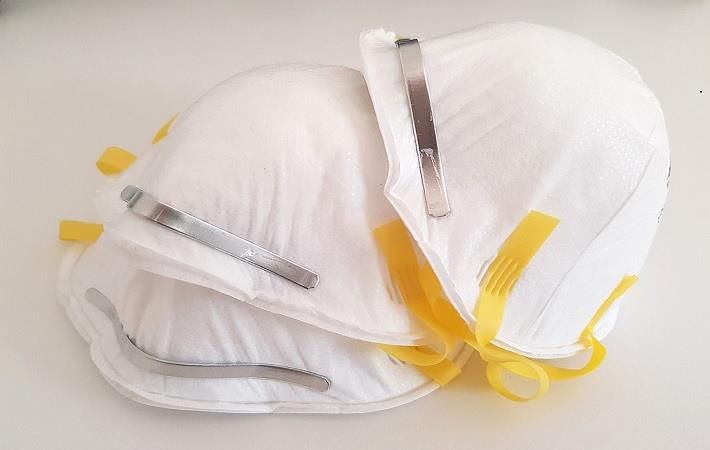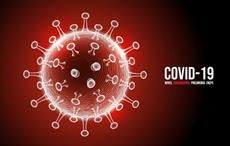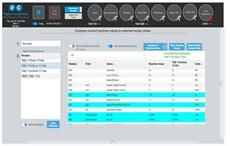In the times of coronavirus pandemic, Schwing Technologies is engaged in cleaning machine parts so that nonwovens production continues unhindered. Production lines for nonwovens are running at full speed worldwide since material is needed for medical textiles. Precise working machine parts are essential amidst shortage of masks and protective gowns.
It is therefore required that the polymer-contaminated machinery is reliably cleaned and returned to the production process quickly.In the times of coronavirus pandemic, Schwing Technologies is engaged in cleaning machine parts so that nonwovens production continues unhindered. Production lines for nonwovens are running at full speed worldwide since material is needed for medical textiles. Precise working machine parts are essential amidst shortage of masks and protective gowns. #
"More than ever before, we have to use our know-how to reduce machine downtimes with short cleaning times and make tools available again quickly," emphasises Thomas Schwing, managing director of Schwing Technologies. The equipment manufacturer specialises in thermal cleaning systems. The German company cleans machine parts – eg spin packs, spinnerets up to six metres long or melt-blown and spunbond dies. In addition to PET, PP and PE, other polymers are also removed.
At the NRW headquarters in Neukirchen-Vluyn, Schwing also cleans process components as a 24/7 service provider, supplementing its service with the corresponding logistics.
In order to accelerate the cleaning of machine components in nonwoven production, the Schwing development team has optimised the ultrasonic cleaning process. Thanks to the new two-side sound, even large machine parts no longer have to be manually turned. This saves time and manpower. In addition to a thermal vacuum pyrolysis system, the company uses other post-treatment equipment, including ultrasonic cleaning systems.
Previously, this process required two steps, explains Schwing: "What's new is that with two-side sound, the time-consuming turning of machine parts is no longer necessary." Savings in personnel costs, rapid use of tools and reduced machine downtime are the advantages. At the same time, the process minimises the risk of damaging dies. The entire process, which takes about 8-12 hours, includes several cleaning steps. These imply thermal polymer removal as well as subsequent high-pressure and ultrasonic cleaning. The final drying phase is followed by a final inspection.
Schwing offers its customers complete cleaning services at the company headquarters in Neukirchen-Vluyn. This includes disassembly, thermal cleaning and, depending on the component size, post-treatment and inspection. The systems run around the clock 24/7. Seven specialists contribute their entire know-how and experience from many years of cleaning very sensitive parts reliably and without residue. In addition, four drivers work up to ten hours a day to collect contaminated tooling and return the clean components to customers throughout Germany and neighbouring countries.
Fibre2Fashion News Desk (SV)


